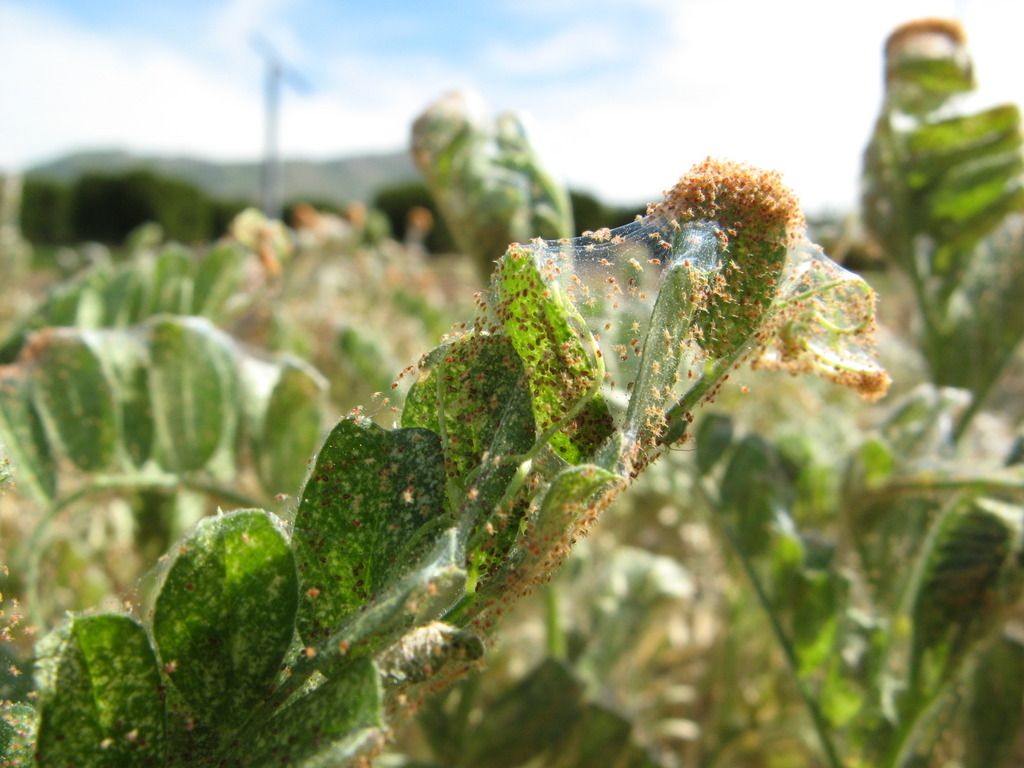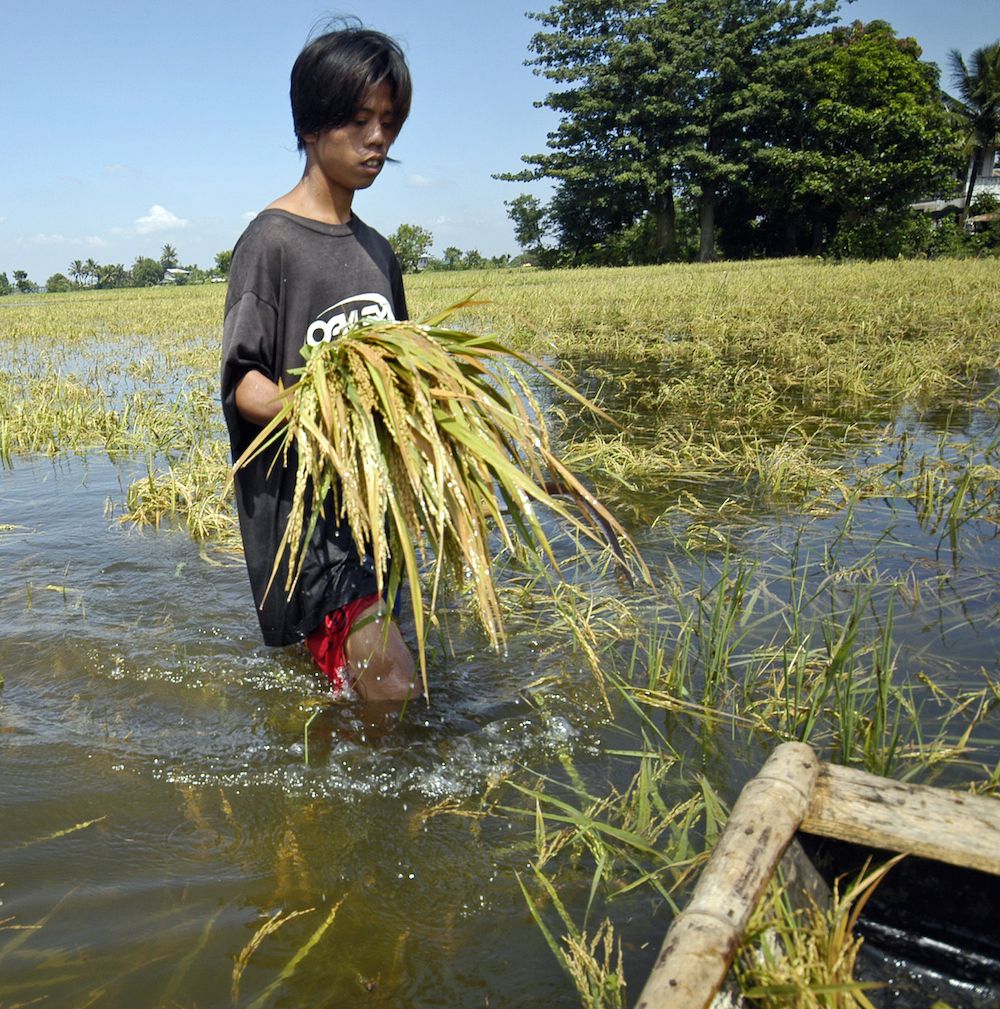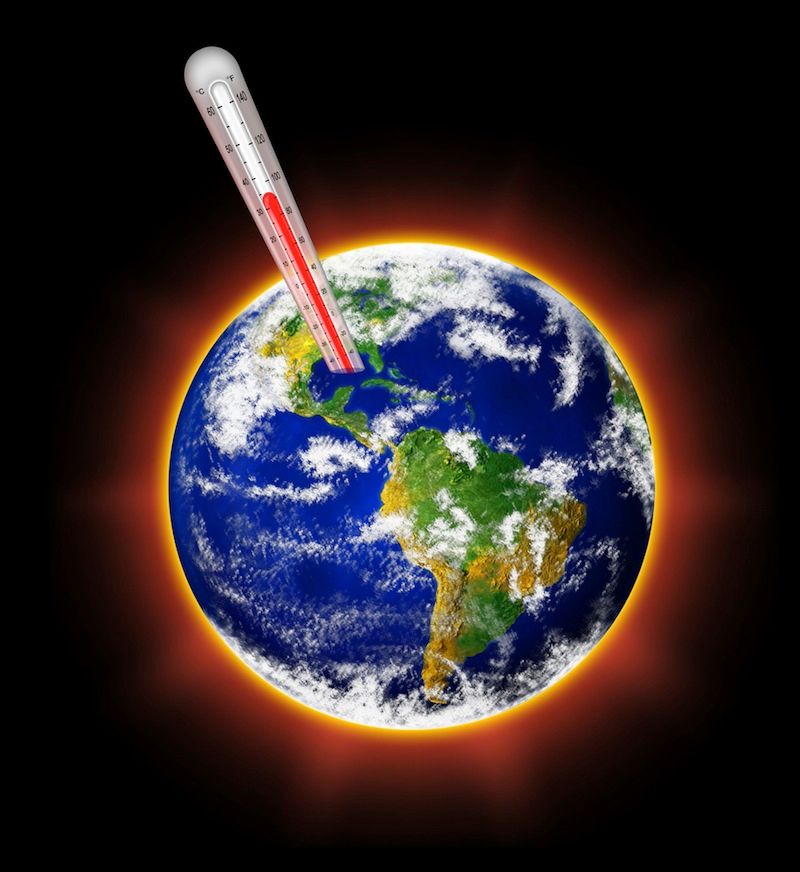From Guest Blogger Casey Carter: Climate Change–How a Warming World is a Threat to our Agriculture
Every now and then we being reminded of how our world temperature levels are rising and how, if not checked, will gradually lead to our demise. Scientists, environmentalists and law makers have made policies to try and curb the effects of the climate change. For those who are still not convinced of these effects, the following are highlights of how agriculture is being threatened by the rising temperatures.
Higher Temperature, Less Frequent Rain
The increase of temperature levels has both negative and positive effects on agriculture. When temperature level rises, some crops grow at a faster rate. While this will leads to early harvests of some crops, it can be a bad thing in the case of grains. When grain crops grow at a faster rate, the grains don’t fully mature thus lowering the yield. The increase of temperature in some areas has been complemented by the reduction of rain. This has compelled farmers to resort to irrigation. Irrigation is a costly means of doing agriculture which leads to higher costs of food production.
Higher Growth Rate of Weeds, Fungi and Pests
Weeds thrive in high temperature, so does pests and fungi. Climate change leads to higher carbon dioxide levels in the atmosphere which only serves to raise the rate of weed growth. It is estimated that weed, pests and fungi infestation will steadily keep rising in the coming decades. Subsequently, farmers will spend more money dealing with this issue which will in turn raise the cost of crop production leading to further increase of food prices.
Melting Ice Caps
Mountains and their snow caps haven’t escaped the wrath of global warming either. Ice caps of mountains are melting at faster rates than usual and will eventually cease to exist if not checked. The reduction has been witnessed in Mt. Kenya, the Himalayas and the Kilimanjaro. This has led to rivers overflowing and in worse situations; rivers are completely disappearing due to lack of ice caps during dry seasons. Agriculture suffers in terms of water supply leaving farmers with no choice than using expensive irrigation methods or for the unlucky ones, their crops dry. The yearly losses amounting to billions of dollars are disheartening and worrying.
Extreme Weather Events
Global warming has led to extreme weather events such as floods, drought and wind. This has adverse effects to agriculture all over the world. Floods wash away the farms and destroy every crop on their way. The effects of drought are rather obvious; crops are deprived of water and die further leading of billions of losses every year. Winds sweep over the lands destroying branches and steams in plantations. This all adds up to extreme losses to the farmer and loss of agriculture jobs due to layoffs and cutting losses.
Rise in Sea Levels
In the coming decades, we will witness the rise of ocean sea levels. If sea level rises just one meter alone would mean many rice planting areas could be soon under water effectively being rendered useless. This would cause decrease of revenue for the rice countries due to low exports supply.
To recap the effects of a warming world on agriculture
– Fast growth of grains leads to immature produce thus low yield
– Extreme events such as floods and drought destroy plantations
– Reduction of rain resorts to using expensive irrigation methods
– High temperatures encourage growth of weeds, fungi and pests
– Rising sea levels covers agricultural land with water
In conclusion, global warming have more adverse effects than benefits. Ultimately, agriculturalists are facing more losses as a result of this climate change and agriculture jobs are negatively being affected too. If this issue is goes unchecked, we are unfortunately going to face dark days ahead.





Thank you very much…!!